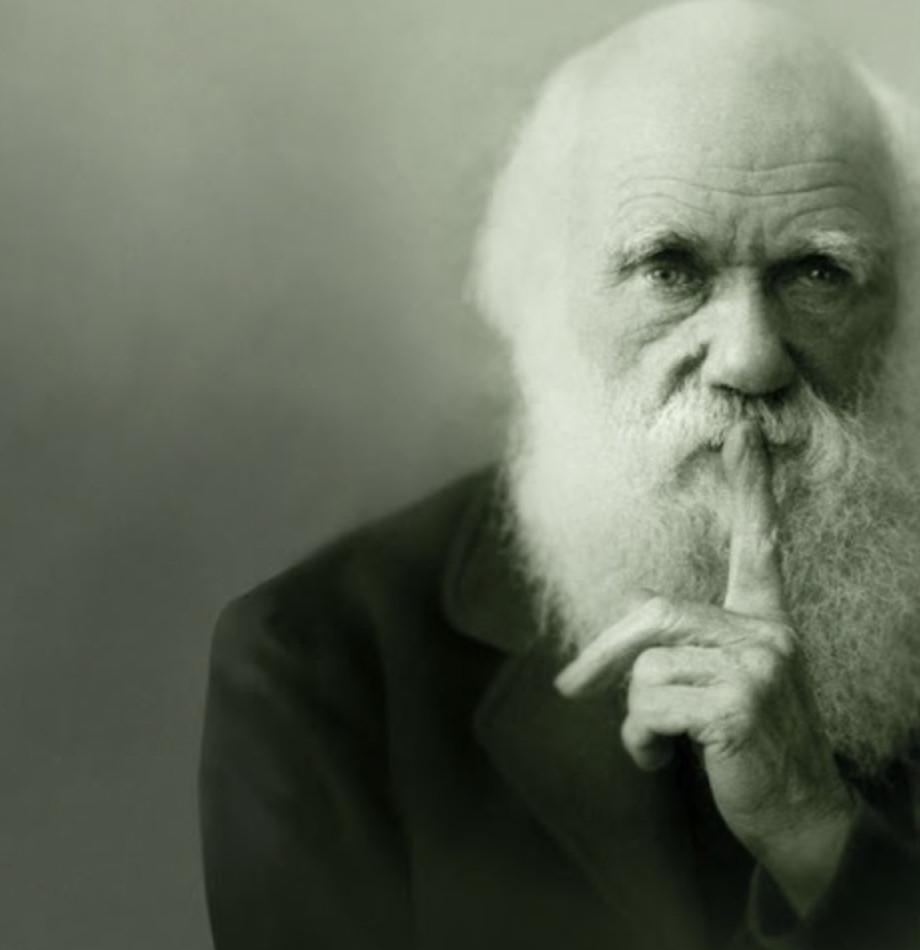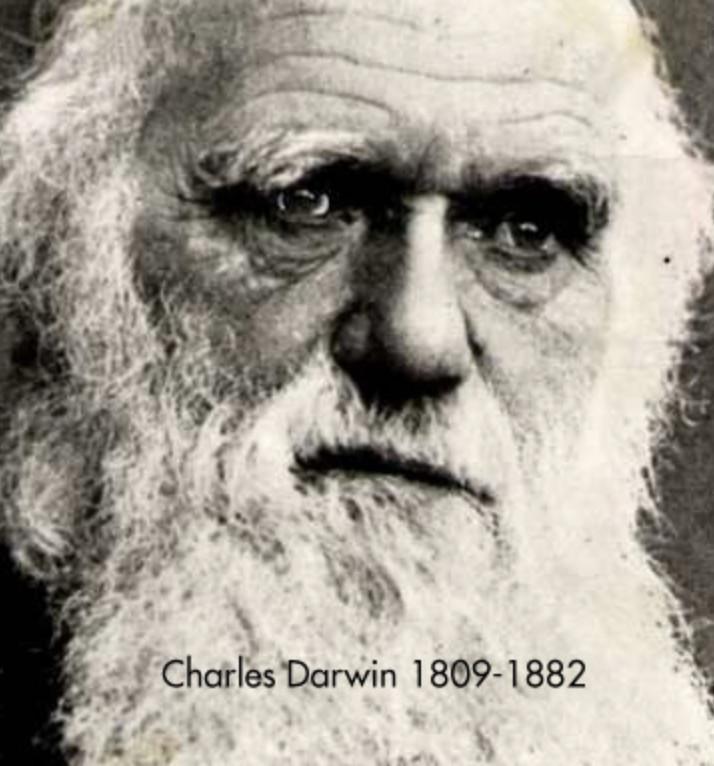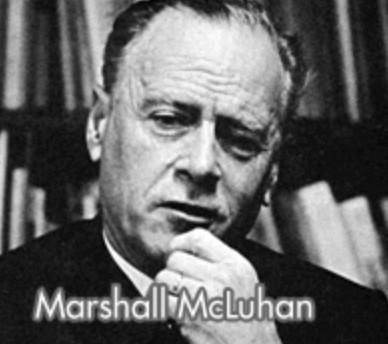“It’s not the strongest of the species that survive, nor the most intelligent, but the one most responsive to change.”
Allardyce smiles.
“Not my words, I’m afraid. But I’d like to think that we’ve paid attention to Charles Darwin over the years.”
Mark Allardyce. CEO of Manchester based IPGOS, the latest incarnation of the consistent Allardyce IT vision that now stretches back over some thirty years. Each step along the way successful, each one equal to an exponential rate of change that has thrown many a lesser kite-flier to the four winds.
“I can’t really believe what’s happened. Back in the seventies, when the IT thing was just starting, computers were for the odd-balls and people in dark corners. The lads in the rugby club all thought I was barking for being involved in it. Now you can’t move for the things.
So, even at the start, Allardyce’s vision was on target. Despite the reservations of the rugby club.
“Remember the old boxes on the desk? The black and white monitor? I can even remember working with an eight-inch floppy disk, punch cards and paper tape.”
Memories are, indeed, made of this. But Allardyce is right. No sooner had megabytes become gigabytes and then terabytes and processing speeds accelerating towards the unbelievable, than the world and his wife were tapping away at the keyboards. Portable, wireless, adaptive, responsive, self-standing – there is little, it seems, of their creators’ original vision that has not yet been realised.
“We always found ourselves breaking new ground. During the 80’s. we were developing programmes for the healthcare market. Working in a world that demanded the tracking and monitoring of software usage, along with the absolute need to preserve patient privacy. The software provided online diagnostic assessment along with full medical audit trails and, as such, it was invaluable to the clinicians looking for solutions. It’s not a world you want to get wrong. And I like to think we got it right.”
They did. The software developed by the Allardyce vision grew to support some 9 million lives. In the UK alone, 40% of the secondary care cardiac rehabilitation units depended on the programmes, some 2000 systems in all, the whole being underpinned by 24-hour technical support. Ultimately, with a broad range of blue chip public and private sector clients, the company was sold in 2000. At that point, an operations team of more than sixty programmers, project managers and technicians were working from bases worldwide. Small wonder, then, that many of the applications they created are still very much in place.
Another step of the vision in place.
“But there are always lessons to be learned, new theories put to the test. Looking round the corner has always been the way we work. And you always need to listen to the end-user. The client. They’re the best R and D team you’ll ever find and they’re the people we always rely on.”
And it’s this understanding that has put Allardyce and his colleagues at the edge of the new revolution. Technologies will change, as will client needs and, in such a world, the winners will be those whose practice is to change and to future-proof. Future science will inevitably bring more powerful solutions. Today, broadband is king. Tomorrow, Grid and Cloud computing, for example, will usher in new worlds altogether and only those who can adopt Darwin’s maxim of change will properly take on board that new landscape.. .
“What we needed – and what we will always need – was a means of taking full advantage of the technology. Not in a complicated way. But in a simple, user-friendly way.”
And the result of that thinking is IPGOS, another step along the way of the Allardyce vision. A hugely powerful deliveryplatform, drawing on a multiplicity of cutting-edge technologies, determined to provide the richest and the most satisfying end-user experience.
“I wrote a book and made a video. ‘Wolverine. A Look into the Devil’s Eyes.’
A book clearly not for the faint-hearted.
“A study of a curious animal I came across many years ago in the Arctic. An extraordinary creature. But, how long was it going to be before any publisher might be interested?”
Normally, a very long time indeed. Until IPGOS created ‘pieces of paper that believe they’re websites.’ A means whereby a book, a programme, a film can be published and delivered, overnight. Books that play video straight off the page. Just a tad different. Wolverines might not be everyone’s cup of tea but they’re now on tap, at the touch of a button. Or a mouse.
Allardyce the writer? Amongst his many successes of developing and marketing IT strategies along the way? Certainly.
“It’s about opportunity. A company talking to the world about its products, business to business, person to person. But being able to do so without any hassle. Either technical or political.”
“Political?”
Allardyce smiles again, conscious of the potential Emperor’s new clothes.
“For sure. A man called Marshall McLuhan once talked about the Global Village. A world in which everyone could talk to each other. A world in which there was freedom of broadcasting. The authorities didn’t like that too much. Now they don’t have the choice.”
To a history of developing software applications and programmes that have circled the world, Allardyce has now added methodology in the form of a multimedia internet delivery system that, in its turn, will also circle the world. And to extraordinary effect.
IPGOS will move forwards with certainty and success and the proof of that lies with one word. ‘Content.’ Increasingly media, in all its myriad forms, is moving to the net. Understandably, for the net is the natural home of all future communication and interaction. McLuhan’s village writ large. And, whilst content also assumes its title of king, no less important are the delivery systems that will underpin it. Chief among those will be IPGOS. Films, performance, programmes, music, books, magazines, marketing materials – a plethora of multi-media disciplines embracing more or less every subject under the sun and all finding their fullest expression using IPGOS technology.
“It is not the strongest of the species that survive, nor the most intelligent, but the one most responsive to change.” The words may have been Charles Darwin’s but one has the sense that he would have approved of IPGOS.




